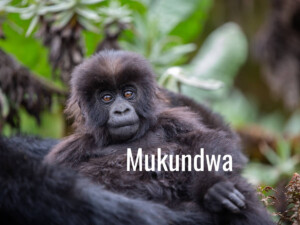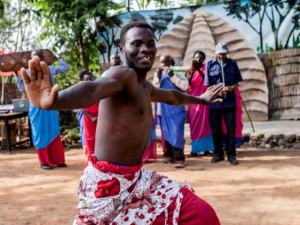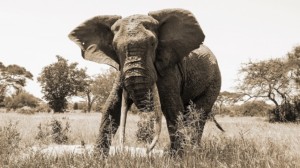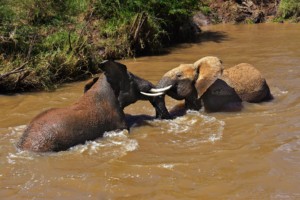Kenya crocodile cages not ecotourism
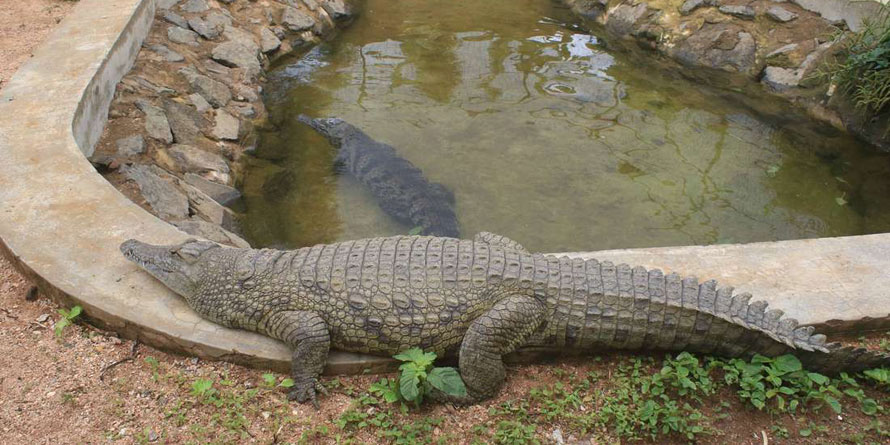
Based on a Business Daily (Africa) report, “Hotel banks on eco-tourism to boost income”, The “Good Tourism” Blog is highly skeptical of the project’s “ecotourism” credentials.
Indeed the project as described by the report fails to meet the definition of ecotourism: “Responsible travel to natural areas that conserves the environment and improves the well-being of local people.” (TIES, 1990)
The Daily reports that the Oldoiyo Lengai Hotel, located in Karatina town, has started a “reptile village” in a bid to attract a wider variety of clients.
The property is rearing crocodiles, turtles and tortoises in cages in the hotel compound and charging visitors KES 100 (~US$ 1) to view them.
Proprietor Moses Macharia told the Daily: “We have partnered with the Kenya Wildlife Service (KWS) who have been advising us on how best to take care of the reptiles and how to keep everybody safe in this environment.”
According to its website, KWS is a “state corporation that was established by an Act of Parliament (Cap 376), now repealed by WCMA (2013), with the mandate to conserve and manage wildlife in Kenya, and to enforce related laws and regulations”.
KWS captured three crocodiles in Sagana River in 2015 due to locals’ safety concerns. Residents of the area continue to draw water from the river.
Macharia applied for and received a licence to farm the animals as a tourist attraction and KWS delivered them to the hotels for free.
The crocodiles are about four feet long now but are expected to grow to 10 feet. The hotel houses them in a cage in the hotel compound.
Macharia said: “We update KWS on their condition quarterly [and] they inspect them for health and safety.”
This may well be a project initiated with good intentions but it is not “ecotourism”.
The travel & tourism industry would do well to call out such misrepresentation by colleagues and/or by the media outlets who report on it.
Crocs dodge the wok
While they are no longer free to frighten folks fetching water from the Sagana River, Oldoiyo Lengai Hotel’s crocodiles are at least likely to escape the wok.
According to the same Business Daily (Africa) report, crocodile farming is catching on in Kenya.
There were 21 crocodile farmers in the country as at the end of 2016, and a further 60 had applied to KWS for licenses.
The demand for licenses is a result of higher demand for crocodile meat in China, and rising domestic sales to restaurants, especially upmarket tourist hotels.
The crocodile farming sector is growing at 22% per year across Africa, according to industry estimates.
Kenya, with exports worth $62 million, is ranked third in the continent behind South Africa ($73 million) and Zambia ($65 million).
Full story at Business Daily (Africa).
Related posts


